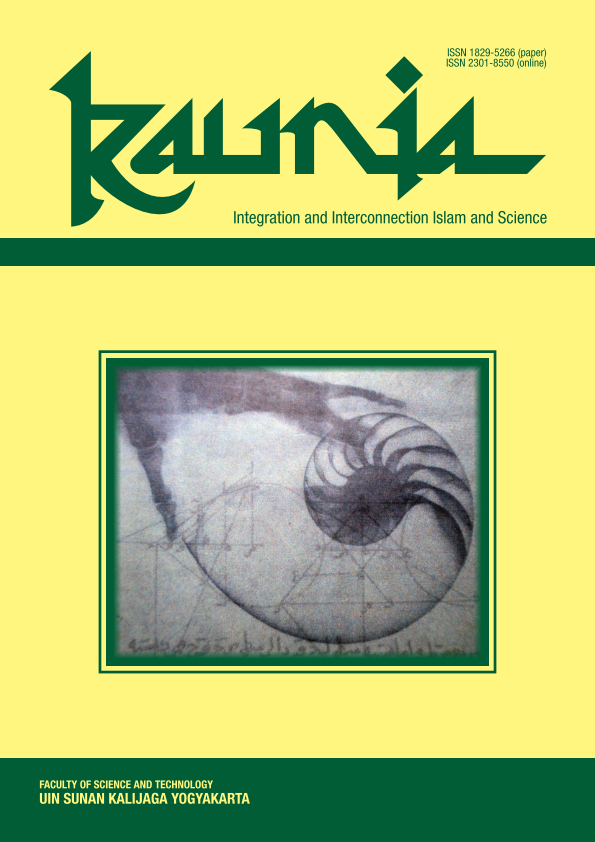Potential Development of Herbal Garden (Warung Hidup) Household-scale to Support Food Safety in Crangah
DOI:
https://doi.org/10.14421/kaunia.1344Keywords:
Economy, Food safety, Herbal garden, HouseholdAbstract
Technological progress has not been able to accommodate the principal needs of people in Crangah, especially in food matters. This paper aimed to review the potential and obstacles of herbal garden utilization, especially in household-scale vegetable cultivation in Crangah. To provide knowledge and cultivate herbal garden training independently or groups to support food safety and economic enterprises on a household scale. The obstacles are about socio-cultural and economic problems, that the herbal garden cultivation with polybag systems is not yet cultured, the lacking technology of herbal garden cultivation with the processing of agricultural products, and non-market-oriented are problems that must be addressed immediately to realizing food safety and economic efforts on a household-scale. The first step is preparing soil and goat feces compound and media planting polybags with various sizes. Second, put in the soil and goat feces compound into a polybag. Third, put in ready-planted vegetable seeds and tidy it up on a bamboo-shelf to avoid pest and look good. Fourth, watering the plant every morning and evening to grow and developed well. Fifth, the seeds that have been planted after a few weeks will be ready to be harvested and can be consumed. The people responded positively with this activity, especially in the vegetable cultivation venture, the herbal garden can grow around the local house’s yard.
References
Downloads
Published
Issue
Section
License
All articles published in Kaunia are licensed under a Creative Commons Attribution-NonCommercial-ShareAlike 4.0 International license, with the copyright to these articles held by the journal. Anyone is free to read, download, copy, distribute, print, search, link to full text articles, or transform an article, in any medium or format, provided they do so non-commercially, give appropriate credit to Kaunia, and distribute any derivative work under the same (or equivalent) terms.
By submitting to Kaunia, authors agree to both the terms of the CC BY-NC-SA license and the automatic transfer of the copyright to their article if it is accepted.









